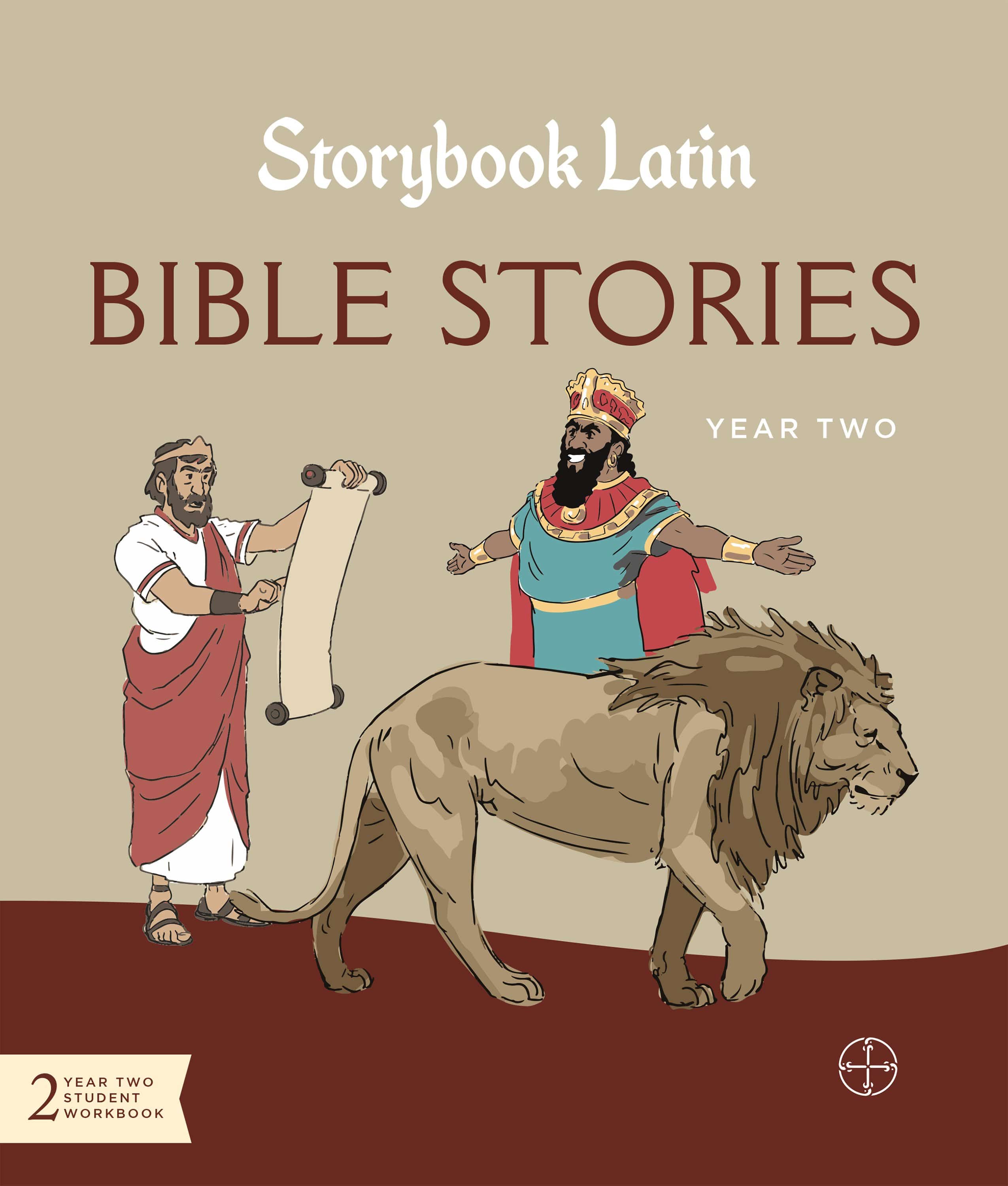-


- Back
- Back
-
Back
Homeschool Bundles
Bible
History
Literature
Math
Latin
Science
Resources
Video
Canon Press Gift Card

Latin through pictures, stories, conversations.
Learn More
The antidote is to “keep the clean sea breeze of the centuries blowing through our minds, and this can be done only by reading old books”
~ C. S. Lewis
Augustine. Luther. Herbert. Edwards. Machen. Chesterton.
Not all paid with blood, but each man spent his life’s work on these books. Their faithful sacrifices have left behind a rich inheritance for the Church.
Every month the Christian Heritage Series puts into your hands a vital Christian classic with a friendly introduction, from Augustine to Chesterton.
We are cheerfully Protestant and Reformed, so we also believe that all truth is God’s truth. Whatever has been said truthfully belongs to us, whether Augustine describes his conversion, Luther defends justification by faith, or Chesterton marvels at the glories of orthodoxy and cheese.
Christians through all ages should be encouraged and enlightened by gleaning the wisdom of our fathers in the faith.


This may be the only classic theological work you ever read which makes you laugh out loud multiple times. ~ Douglas Wilson, Introduction

We don’t have a single sermon that Herbert ever preached. What we have is his poetry. And here the beauty of the subject is wedded to the beauty of his craft. ~ John Piper, Introduction

The possibility that my faith is false, and the fact that this book might help to reveal the falsity, makes this book potentially devastating. But this sort of devastation is a good thing. ~ Joe Rigney, Introduction

Ryle could have chosen to live as a mollycoddled rich boy. Ministry wasn’t a way for him to escape manliness, but rather to exercise it. ~ Michael Foster, Introduction

If you want to read something to make you feel you have arrived, this is not the book for you. Burroughs understands that contentment is a mystery and cannot be taught lightly. ~ Nancy Wilson, Introduction

When Chesterton arrived in my intellectual scene, it was like flipping an extra breaker in my soul that turned on the party lights, brought out the dancers, and cued the music. ~ N. D. Wilson, Introduction

The Vindiciae’s sharp defense of the right to resist unjust rulers with armed rebellion shaped the political theories of Locke in England and the Founding Fathers in America. ~ Dr. Glenn Sunshine, Introduction

Rutherford was a practical and pastoral theologian. He was also a bare-knuckle brawler who was clearly able to hold his own in the theological bar fight that was the seventeenth century. ~ Douglas Wilson, Introduction

You will surely laugh out loud as you read Spurgeon. And just as surely, you will find your sin skewered, your faith reinforced, and your wisdom nourished. ~ Michael Reeves, Introduction

Returning to the teaching of the great Reformer himself will be a great protection against...the error of claiming the heritage of great men that you have almost nothing in common with. ~ Douglas Wilson, Introduction

Machen was a stalwart defender of the orthodox Christian faith, one who understood the nature of the corruptions facing the church of his time—a model for all of us. ~ Douglas Wilson, Introduction

With COVID-19, the Church is forced to ask questions we have not had since the bubonic plague, questions faced by Beza. It is the wisdom of the Church to listen to her forefathers in the faith.” ~ Ben Castle, Introduction

The Everlasting Man is meant to give a believer’s reading of the flow of history—reaching its climax in the advent of Christ, the still-point and center of history. ~ Kevin Belmonte, Introduction

Luther is lyrical, even ecstatic, on the benefits of justification by faith alone. The three treatises are short reads, like pamphlets. But they are surely the weightiest pamphlets in Christian history. ~ Steven Wedgeworth, Introduction

We as readers get to enjoy the gift of an unlooked-for connection that answers questions we didn’t know we had. The pleasure of poetry is often its power in turning and moving us towards the good and the beautiful, and in them, towards God himself.
Get special deals and discounts by subscribing to our weekly newsletter. Unsubscribe at any time.